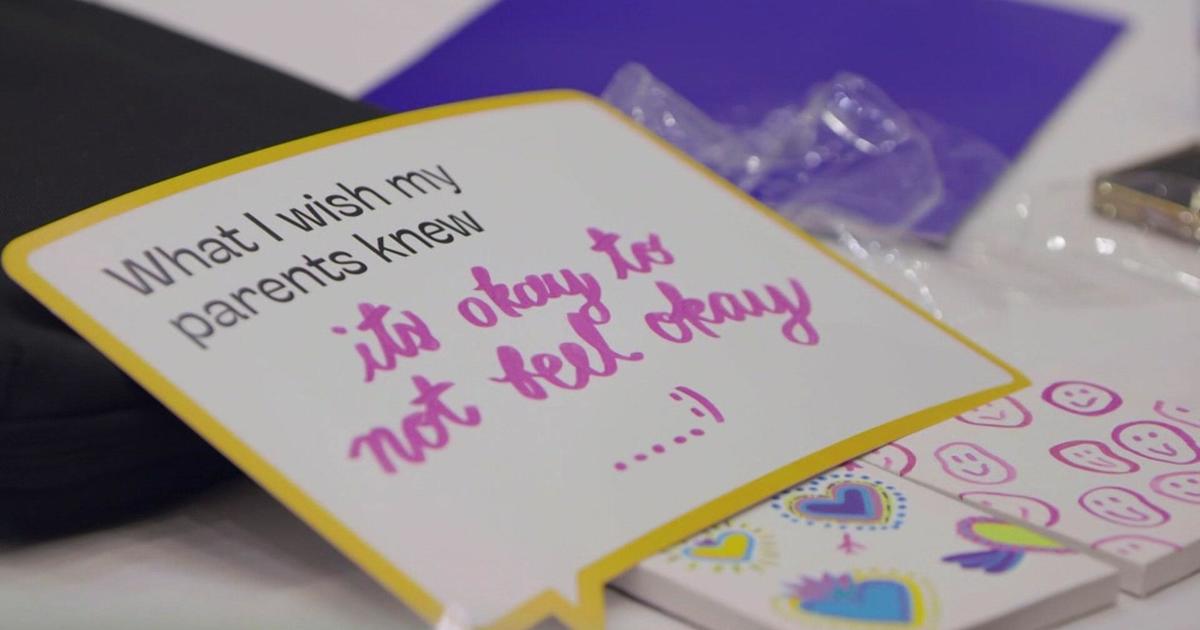Can Spirituality Improve Your Health?
This article is sponsored by Dignity Health
If someone offered you an inexhaustible resource, able to reduce depression, improve coping skills, provide comfort and boost the immune system, you would probably access it with gusto, with no questions asked. What if you were told that resource already existed within you? Would you be skeptical?
Spirituality may be imagined as an ever-replenishing reservoir, accessed at will through prayer or meditation, or by being kind to others. For some, spirituality may mean connection to a higher power, often referred to as God. Still others may access spirituality through their community, loving relationships with family, or nature. There is no right or wrong description of spirituality. It is, essentially, what you experience it to be.
No matter how it is accessed or described, research points to spirituality's strong and positive effect on health. Spirituality has been shown in multiple studies to reduce depression, eliminate negative, health-busting habits and increase the quality of life in the face of disease and illness. "Humanity, Humankindness and compassion hold the power to heal," says Rev. Tom Harshman, director of spiritual care services and clinical pastoral education at Dignity Health. Harshman, a Chaplain for over 30 years who's worked within hospices, hospitals and HIV clinics, is a strong believer in spirituality's positive impact upon health and life.
"Spirituality can be explored in three dimensions," he explains. "The first dimension is our relationships – with ourselves, with others, and with the Sacred. The second is in how we make meaning of our world and our purpose within the world. The third dimension is our experience with the transcendent, that which is greater than us. For many, spirituality may exist beyond words, but the experience of the presence of God, or the experience of tenderness or kindness in the midst of worry or uncertainty can be healing," he adds.
For individuals grappling with life-altering or life-ending illness in themselves or others, a strong sense of spirituality can supply comfort and strength. As the American Psychological Association explains, there is a persistent, predictive relationship between religious variables and health.
It is difficult to draw definitive connections between health benefits and spiritual beliefs, but a number of studies have found strong correlations between better health and strong spiritual beliefs. A 2013 study by Harvard psychiatry professor David Rosmarin found a strong correlation between patients' belief in a higher power and better outcomes in psychiatric treatment. In 2001, reviews by the Baylor University Medical Center Proceedings Medical Journal examined studies showing that 76 percent of patients used spirituality as a system of pain control.
But how does it work?
"I would go back to those three dimensions," says Harshman. "Our relationships can be healing or they can be distressing, and either way, our health and mental state can be affected. Relationships, including the relationship we have with God, can be a source of hope, sustenance and strength. This may be in part because relationships can supply us with a sense of meaning for our own lives. If individuals believe their life means something and has purpose, or fits into the larger picture in some way, even after their physical life ends, that knowledge of our place in the world can be encouraging and sustaining when a health crisis erupts," he explains.
While it's pretty much a lock that everyone will get sick or face some sort of life crisis eventually, it is not a lock that everyone has a spiritual foundation for dealing with it. "My advice to those without awareness of spirituality is to look at the resources that they have relied on in the past to get through difficult times. It is possible to use this remembering to create a future story that is life giving; it is possible to shape a future story that extends beyond your finite life, or even beyond your kids and grandkid's lives. You do this by honoring how the values you hold can outlive you." Harshman says.
"Some of that comes from showing kindness to yourself and to others. Try to recall the stories of when you received kindness. Access stories of how you were taught to be kind. By recalling that and reminding yourself how you were taught kindness, you are better able to offer it to others. This can help to build a culture in which stories of kindness are shared over and over again. The next thing you know, you've helped to create a movement. For those who are sick, it can be hard to create a future story when there is uncertainty. Spirituality, whatever it means to you, can be a resource with which to find hope even in the midst of uncertainty."
Corey Whelan is a freelance writer in New York. Her work can be found at Examiner.com.



